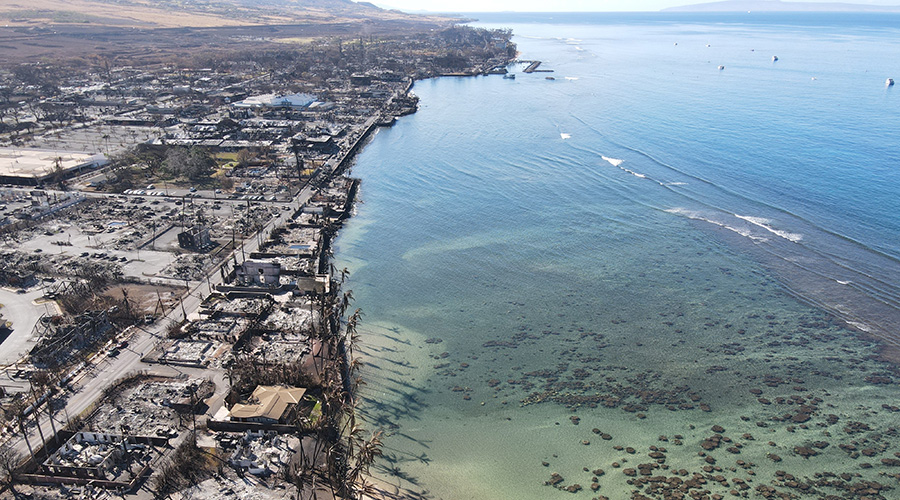Largest Counterterrorism Exercise Focuses on Communication, Coordination
The U.S. Department of Homeland Security will conduct the largest and most comprehensive counterterrorism exercise to date from Oct. 15-19 in Arizona and Oregon, and the U.S. territory of Guam.
The
U.S. Department of Homeland Security will conduct the largest and most comprehensive counterterrorism exercise to date from Oct. 15-19 in Arizona and Oregon, and the U.S. territory of Guam.
The exercise, Top Officials 4 (TOPOFF 4), is the fourth in a series of congressionally-mandated exercises and involves various federal agencies as well as the governments of Australia, Canada and the United Kingdom.
TOPOFF 4 will involve more than 15,000 participants from all levels of government, international partners and the private sector in a full-scale, simulated response to radiological dispersal device attacks, according to the Department of Homeland Security.
To reach the overarching goal and objectives to enhance interagency coordination, planning and preparedness, TOPOFF 4 will focus on five key areas:
- Prevention: To test the handling and flow of operational and time-critical intelligence between agencies to prevent a terrorist attack.
- Intelligence/investigation: To test the handling and flow of operational and time-critical intelligence between agencies prior to, and in response to, a linked terrorist incident.
- Incident management: To test the full range of existing procedures for domestic incident management of a terrorist weapon of mass destruction event and to improve the top officials’ capabilities to respond consistent with the National Response Plan and the National Incident Management System.
- Public Information: To practice the strategic coordination of media relations and public information in the context of a terrorist weapon of mass destruction event or incident of national significance.
- Evaluation: To identify lessons learned and promote best practices.
TOPOFF 4 builds on experiences from previous exercises as well real world emergencies, and will also prioritize increased coordination with U.S. Department of Defense and the private sector, an expanded emphasis on prevention, a deeper focus on mass decontamination, long-term recovery and remediation issues, and strengthened partnerships and communications with international allies.
Related Topics:










